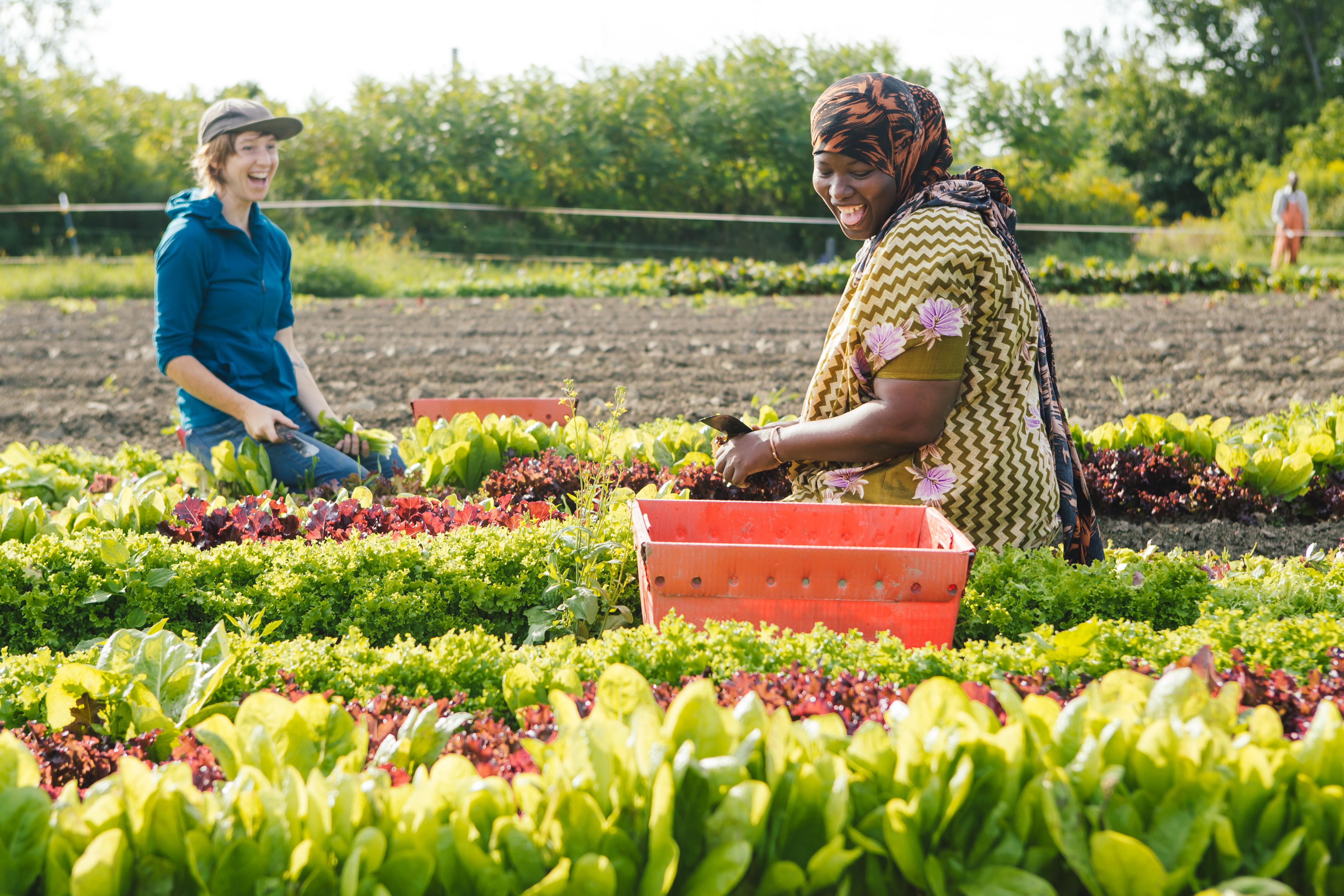Perhaps long ago, in a simpler world, farmers needed only tools, the support of helping hands, a market for their products, and advice from their neighbors to successfully grow vegetables and raise animals. But farmers today need a lot more than that. Complex equipment, well-designed facilities, marketing skills, and a business plan are just some of what’s required for them to be truly “sustainable”: to thrive today in order to exist tomorrow.
